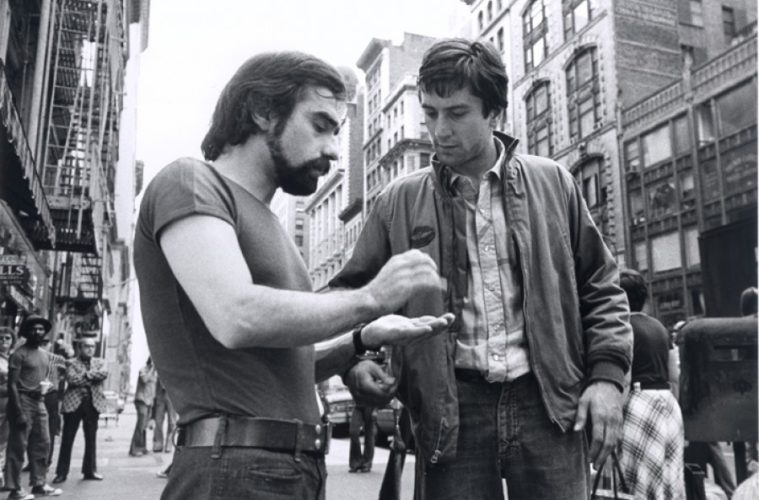Dailies is a round-up of essential film writing, news bits, videos, and other highlights from across the Internet. If you’d like to submit a piece for consideration, get in touch with us in the comments below or on Twitter at @TheFilmStage.
Pedro Costa tells Grasshopper Film his 10 favorite films of the last 10 years.
Robert De Niro, Martin Scorsese, Jodie Foster, and Paul Schrader give an oral history of Taxi Driver at THR:
We had one screening at the studio in a small screening room for some friends, and then it was shown to the studio. I don’t recall what my friends said, but people were kind of perplexed. I believe it was the next day that the studio saw it and there was a smiling kind of reaction that was very brief. Then I heard word that they were concerned that women wouldn’t like the film. Then, what had happened was that the film was shown to the MPAA and it was given an X rating. There was no way the studio was going to release an X, understandably. I had the same problems with Mean Streets. I’m used to it. We were told we were going into a meeting and the studio was going to discuss with us how to proceed. We sat down, took out a pen, and the studio exec turned to us and said, “Cut it for an R or we cut it.” Then we were dismissed.
The Terrence Malick-produced, Martin Sheen-led The Vessel will be released this September, THR reports.
Watch a video essay on the duality in Denis Villeneuve‘s Sicario:
Jonas Mekas remembers the late Tony Conrad at Indiewire:
Tony Conrad…He was always there, silent, smiling. Few words. When you said something to him, he answered with a chuckle and smile, seldom any word, or just a nod. Doing, performing, contributing, inspiring, co-working, never taking credit, as if he wasn’t even there or did nothing… FLAMING CREATURES, it wouldn’t even had taken off, if not for the sound track he did for it. THE FLICKER — a monumental work, he seldom even mentioned it, like it was somebody else who made it…Velvet Underground… Would it have happened without him? He never took any credit for it… Like Angus MacLise, the other invisible, his friend: he remained silent, invisible key co-worker behind so much that happened in the early Sixties and changed music, cinema, and us all.
Watch an analysis of Robert Bresson‘s Au Hasard Balthazar:
Fandor‘s Sean Axmaker on Ingmar Bergman‘s Summer Interlude and Summer with Monika:
With his tenth feature, Summer Interlude (1951), we can see the development of the mature Bergman, and with his twelfth, Summer with Monika (1953), his filmmaking sophistication catches up with his artistic ambition. Together they make a fine set showing the two sides of Bergman as a serious filmmaker: Interlude, steeped in metaphor and allegory and myth, and Monika, his first triumph in the psychological cinema of troubled souls and broken marriages.
After reading our interview with Joachim Trier, watch a 30-minute talk with the director:


